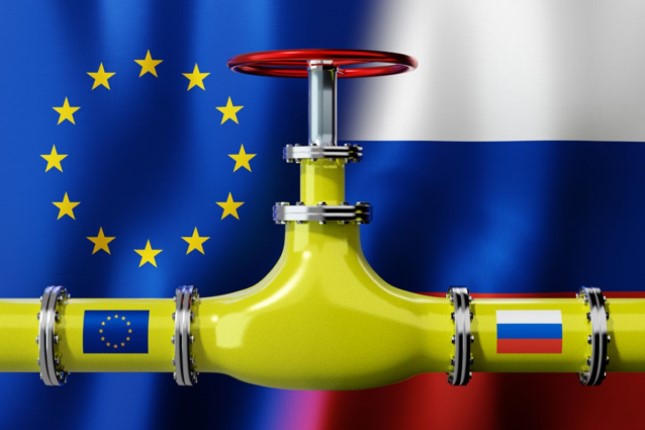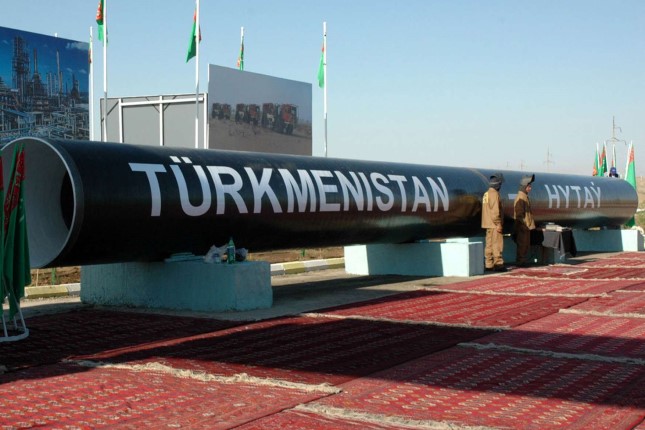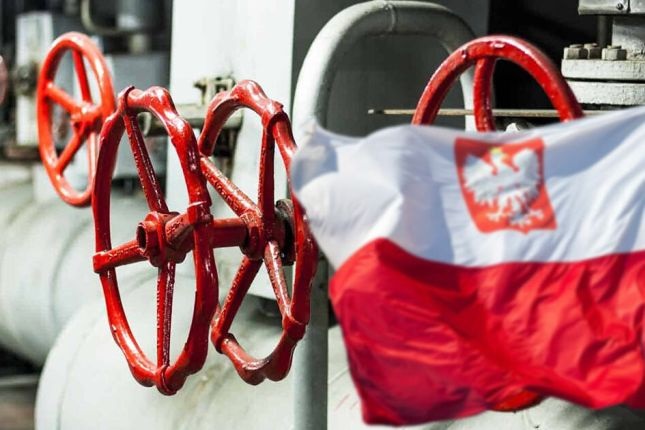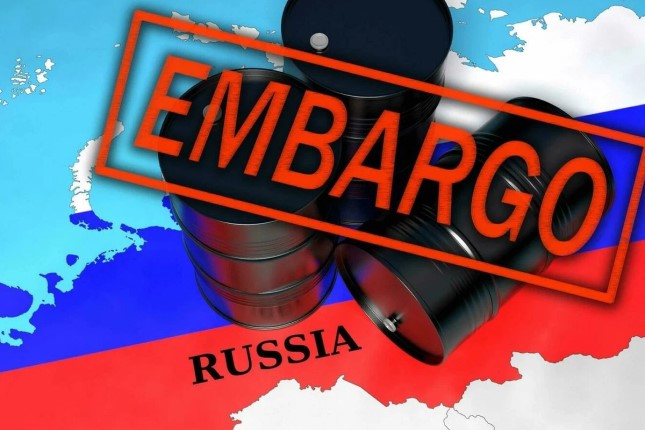On April 20, the Bundestag, the lower house of the German Parliament, voted for amendments to the Energy Security Act. The point of the amendments, dubious from a legal point of view, is to simplify the procedure for expropriating energy assets and transferring them to new owners. The emergency amendments are connected to plans to dispossess the Russian Rosneft of its controlling stake in the oil refinery in Schwedt, in northeastern Germany. Such legislative practice could then be extended to other Russian assets in various industries, both in Germany and throughout the EU.
It's noteworthy that the amendments, which actually reproduce some Nazi economic practices, were adopted on the birthday of Adolf Hitler himself.
The Russian oil company Rosneft owns 54.17% of the Schwedt refinery. Until recently, the large plant provided 90% of the gasoline, diesel fuel, jet fuel, and oil needs of the German capital, Berlin, operating almost entirely on Russian raw materials (which, in fact, it was designed to do) coming through the Druzhba oil pipeline. After the start of the military operation in Ukraine, Germany decided on some drastic measures—to renounce Russian oil and transfer the factory to the external management of the Federal Network Agency.
Immediately after the transfer of the plant's management and the new stance against Russian oil, the company started having problems. The Schwedt refinery's workload dropped sharply, operating at just 55% of its design capacity, relying predominantly on pipeline supplies from the offshore loading terminal in Rostock, Germany, and Gdańsk, Poland.
Receiving oil from Kazakhstan via the Druzhba pipeline was also considered, but the negotiations hit a dead end due to the difficulty in verifying the origin of the oil—"Kazakhstani" supplies could very well turn out to be Russian. For the time being, the German government’s plan is to increase the plant's load only partially—the modernization of the pipeline from Rostock will increase the load to 75%. However, given the abandonment of Russian oil, the success of the plant still depends on Poland, which demands that Rosneft be "evicted" as a shareholder and that the Polish company PKN Orlen acquire a stake.
According to pre-amendment law, the sale of Rosneft's share in the refinery would be permissible only if it were necessary to preserve the value of the company. And further, such a sale would be possible only after nationalization of the asset to ensure the reliability of the enterprise. The nationalization of the company—seizing it from its lawful owner—would be a blow to Germany's market reputation, and setting such a precedent would lead to a protracted legal struggle and a wide public outcry, with the decision being challenged in international courts.
Therefore, legislators decided to simply bypass the nationalization stage and sell (transfer) the company to another owner. Thus, the inevitable legal proceedings and the protests of Rosneft against the expropriation will be more like a dispute between economic entities. It is clear that such a crude seizure of property from the Russian company could become a model for similar seizures and transfers of Russian assets both in Germany and in the EU.
It is noteworthy that such practices have already been widely used in Germany before: Nazi Germany also sought to keep assets in private hands. In the mid-late-1930s, there was even a large-scale wave of privatization of state property. At the same time, private property, both small and large, was actively expropriated and immediately transferred to new owners, in full accordance with the laws of the Reich.
Basically, this process was carried out within the framework of the "Aryanization" of the economy of Germany and the countries conquered by it. Property was seized from the Jews through sale at artificially low prices and without the ability of the "seller" to control the money received. The main beneficiaries were large German conglomerates.
Now they have the chance to implement a similar scheme with respect to assets of the Russian state and people. In this context, the adoption of these rather significant amendments to German law on Hitler's birthday, April 20, is quite symbolic. What a gift for the Führer.
































